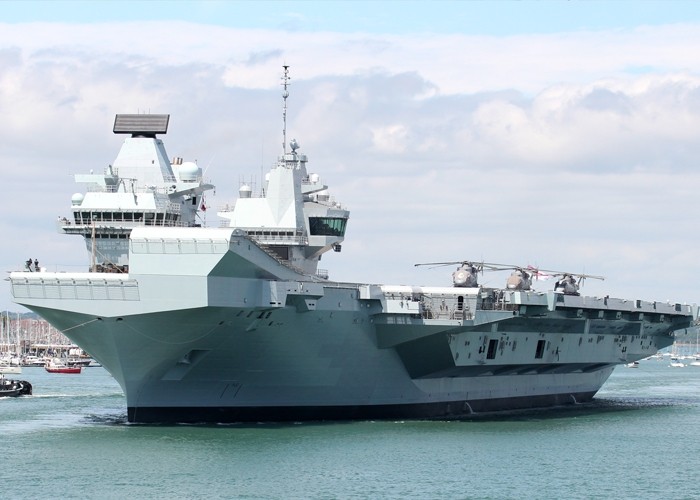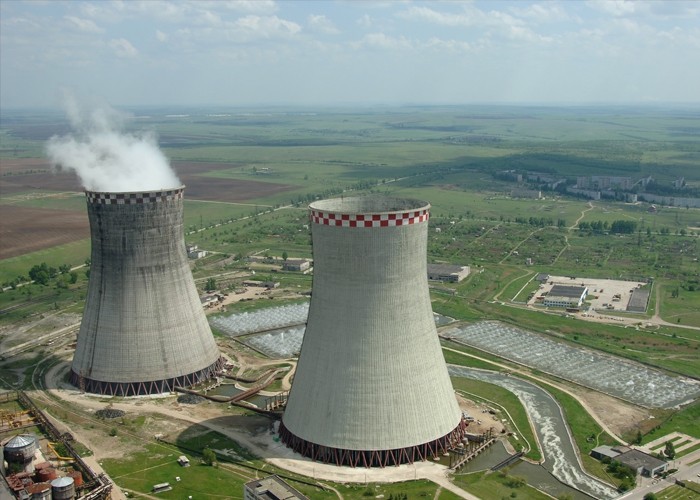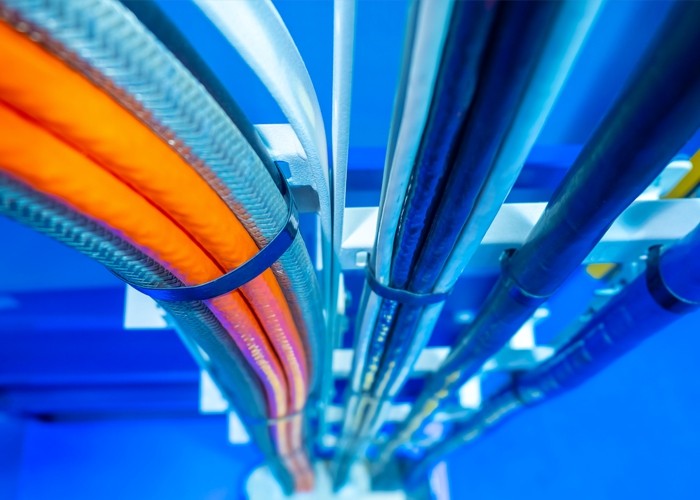Celebrating over 180 glorious years
The company AEI Cables holds a rich and interesting heritage with its roots firmly steeped in entrepreneurship and invention. Today, we live in a world where we take mobile phones, satellite television and electricity at the flick of a switch for granted. No such luxuries for William Thomas Henley, who was born in Midhurst in Sussex in 1814 and who laid the foundations of AEI Cables as we know it today.
Wire covered with Silk and Cotton was increasingly in demand for electromagnetic apparatus and Henley in order to capitalise on the increasing demand converted his old lathe into a wire covering machine. This machine can still be seen today at the London Science Museum. Despite the somewhat crude nature of this machine it was actually a stroke of genius and contributed much to Henley's initial success.
Soon, Henley was manufacturing and installing long lengths of Telegraph Cable. Some of his early notable achievements included The City of London to Manchester, Dublin to Belfast and Liverpool to Manchester.


Formation of the company
The company AEI Cables originated as Associated Electrical Industries Limited (AEI) in 1929 and began as a financial holding company for a number of leading electrical manufacturing and trading companies in the UK.
If the depression of the 1930s had affected AEI unfavourably, then the Second World War proved economically beneficial for the company. AEI's productive competence was thoroughly tested as the War progressed. Many factories worked seven-day weeks. The most beneficial aspect for AEI was that it was primarily a war of scientific growth and innovation.
During the mid-1950s AEI was to focus primarily upon domestic appliances and lighter engineering products. The company discontinued its production of valves and cathode ray tubes and in 1961 merged with Thorn allowing the latter to manage its interests. AEI purchased Siemens in 1955 thus owning four independent lamp businesses: B.T.H., Ediswan, Metrovick and Siemens. In subsequently dropping these names AEI's lamp business suffered badly.
Greatest challenge
In 1953, AEI acquired Siemens Bros., taking over the Liverpool Electric Cables Company in 1958 and Henleys a year later. These cable companies were integrated as the AEI Cable Division, re-organised in 1960 into four product groups. In 1967 the General Electric Company took over AEI Cables and Hackbridge Cables Co., culminating in the formation of AEI Cables Ltd in 1968. In 1982 production of Mineral Insulated Cables also started at AEI's Cables Bootle factory in Merseyside.
The company had been in need of decisive action by the people at the top. In 1967 GEC's Arnold Weinstock and the chairman of the Industrial Reorganisation Corporation, Ronnie Grierson, proposed an instant solution to the company's problems. This was to culminate in the historic £120 million bid by GEC for AEI, resulting in the merger in 1967.


The Modern Business
Today we specialise in the supply and distribution of elastomeric and thermoplastic cables up to 400kV. These include cables for the Defence Industry, our FIRETEC fire performance range and our TRANSCAB range for the rail market. Proud of its past and excited for the future, AEI Cables has evolved into a modern go-ahead cable supplier for todays global business.








